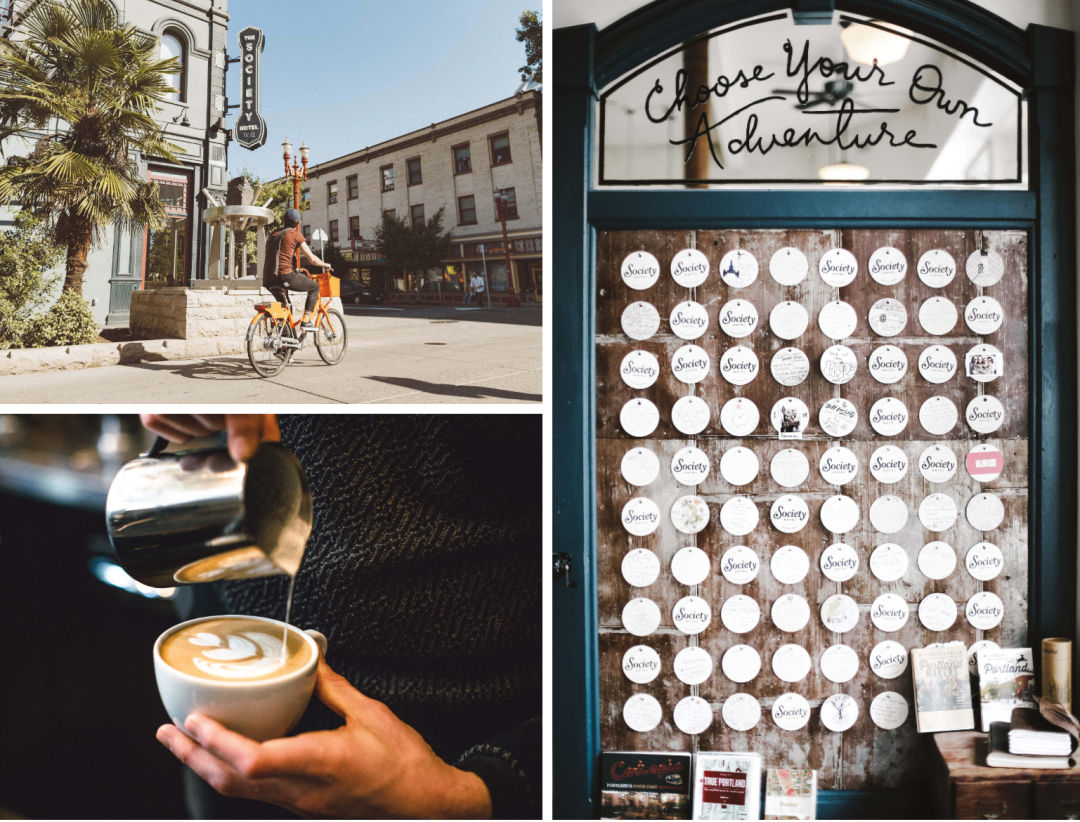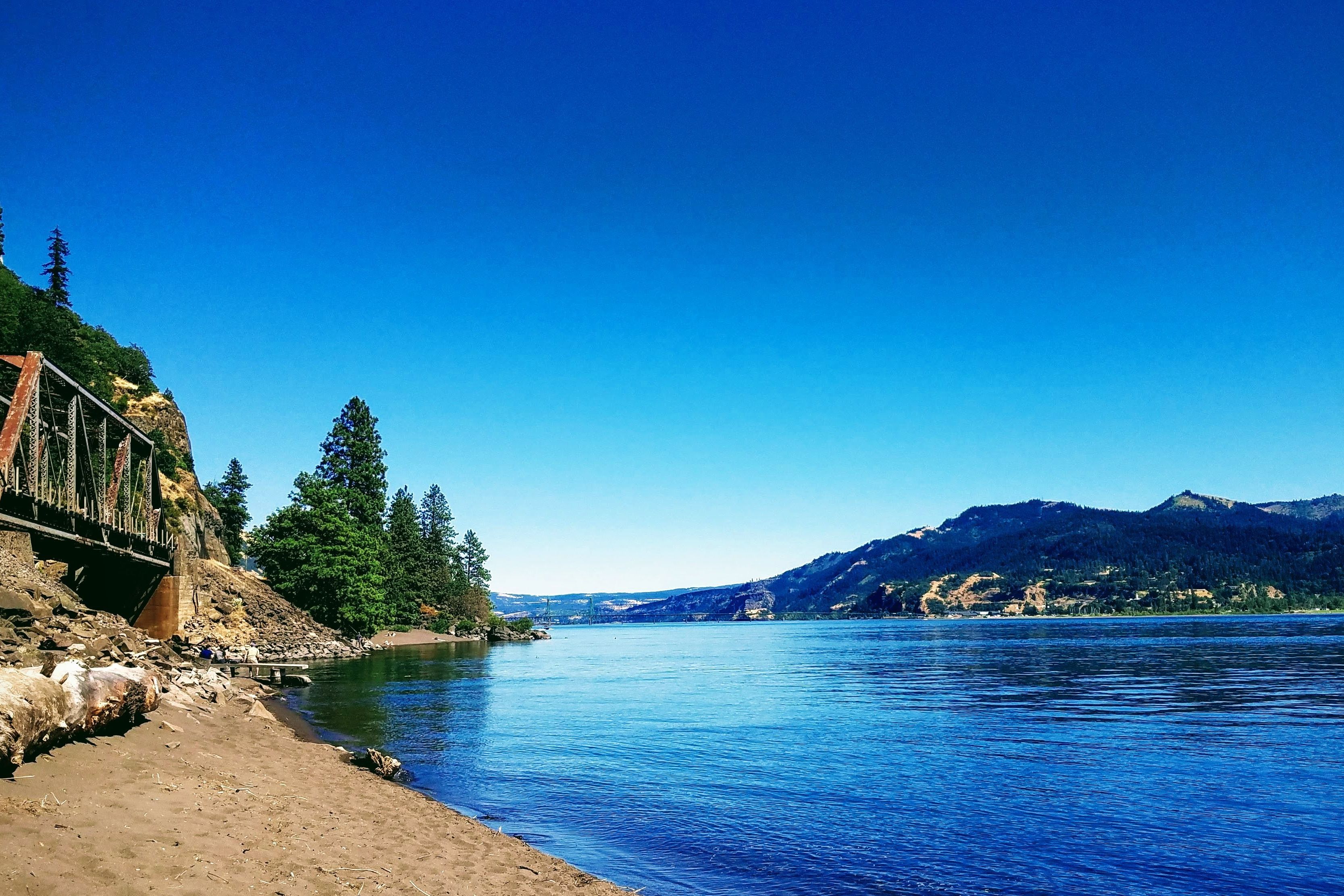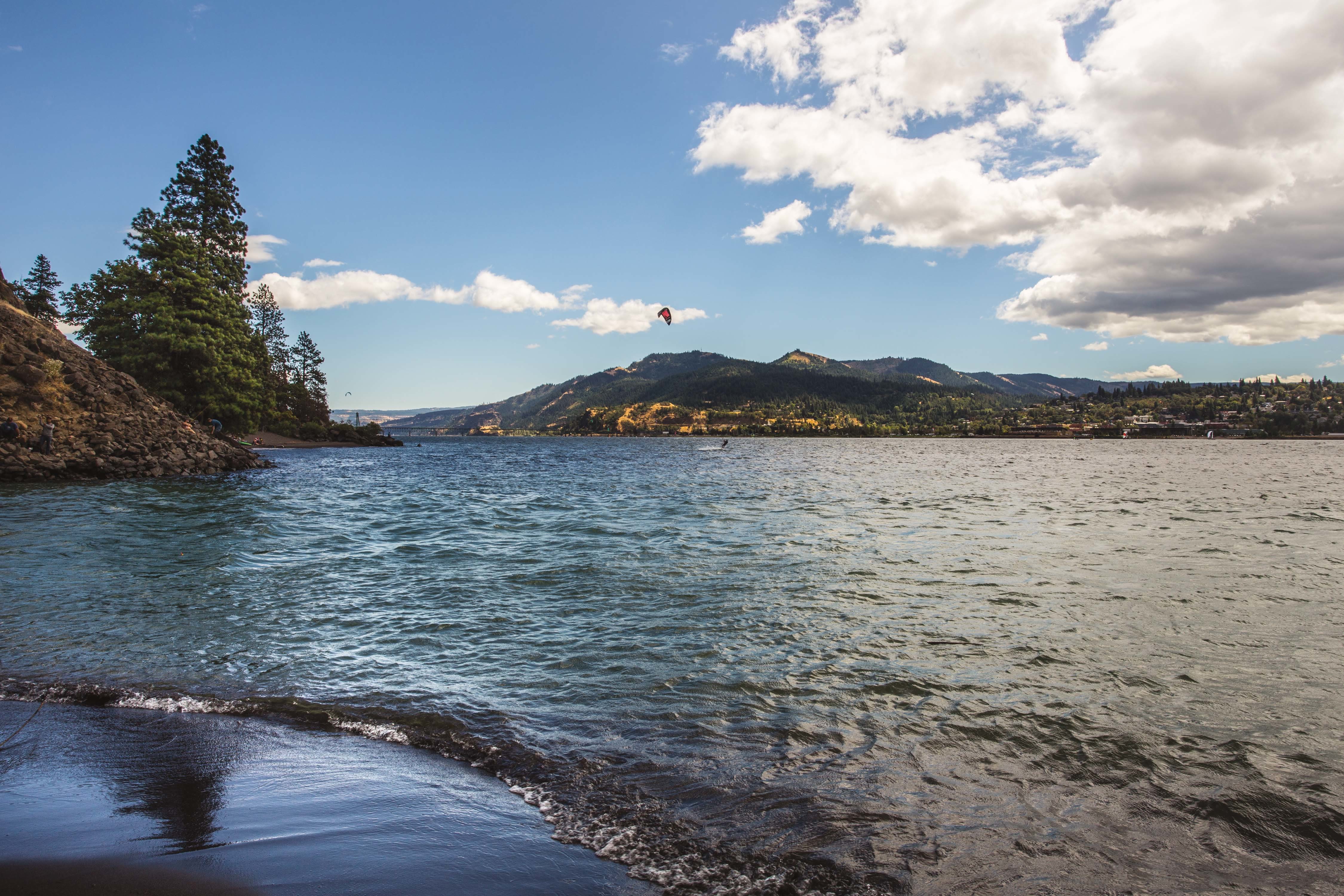
How One Portland Hotel Tried—and Failed—to Tame the Wild Influencer
With its utilitarian hostel bunks and spartan private rooms—no TVs, no sitting rooms, and some lacking private bathrooms—Portland’s Society Hotel doesn’t want you to just stay in bed and order room service. (Also, there’s no room service.)
No, the three-year-old boutique hotel in a former seamen’s bethel is deliberately engineered to get guests out doing things—mostly photogenic things. With an inviting rooftop patio, a super-social lobby-café, and a base in the heart of still-gritty-but-fast-changing Old Town, there’s no reason to stay inside. If guests post their Portland adventures on Instagram and add #societyhotel, cool. If those ’grammers have a large, engaged following who scroll through the photos and proclaim, “I want to go to there” (and then actually go), all the better.
Leveraging the power of Instagram’s many “influencers” is not unique to the Society. Essentially every consumer-facing, urban-cool business now seeks grassroots, arguably authentic influencer love. Recruiting, managing, and monetizing influencer appeal has become an industry unto itself. But earlier this year, the hotel’s management team tried a new way, at least for them, to harness those viral relationships.
“Are you an influencer? Traveling photo-grapher? Social butterfly?” reads a Society Facebook post from February. “We’re launching a new ‘social media as currency’ program that rewards the hard-working writers, creatives and online personalities by offering free/discounted stays at our hotel!”
To qualify, a guest’s Facebook or Instagram presence had to top a certain number of friends, fans, or followers. The hotel would offer these verified and vetted “influencers” a deal if they promised to post about the hotel—but would take a credit card number to charge in case they didn’t follow through. (The Society had no plans to dictate the content of any posts, though the influencer would have to agree not to post images of anything illicit, illegal, or dangerous.)
“Most hotels have media rates and discounts for press,” says proprietor Jonathan Cohen. “That’s a common practice. So this was kind of an extension of that practice to this new media realm.”

Image: Courtesy Society Hotel
The Society, in fact, grew up with Instagram. The platform was already well established when the hotel opened in November 2015, but “it was just becoming this thing,” Cohen recalls. He and his partners held a couple Instagram takeovers (handing over the keys to their account to a guest curator with their own following) in the hotel’s early days, and its website, designed with local digital branding agency We Are PDX, relies heavily on a constantly updated photo feed.
Two years after opening, however, Cohen and his partners noticed Instagram growing less efficient. Algorithm changes meant a much smaller number saw the Society’s pretty pictures of its light-filled lobby or its café’s avocado toast—according to Cohen, a fraction of former numbers.
Hence the Society’s “influencers program”—inspired by a similar policy at Stockholm’s Nordic Light Hotel—which ideally could help overcome the hotel’s constricted social media reach. The program was an attempt to “bring some rigor” to the otherwise ad hoc handling of requests for freebies or discounts from self-proclaimed influencers, says Jessie Burke, Cohen’s wife and the Society’s general manager.
They liked the idea. In practice, however, the whole thing felt ... weird.
“We basically discontinued it the second that we started it,” says Cohen.
Why? Authenticity is not something you can formalize. Not-quite-sponsored posts live in a fuzzy, gray area of the Insta-universe, and it didn’t feel like an area a hotel that’s all about encouraging guests to genuinely experience the city wanted to be in. Critiques from other businesses that they were encouraging freeloaders added to their unease.
“It all coincided with the rise of sponsored posts and all of those things,” continues Cohen. With sponsored content in general, he says, “there was a corrosive nature to people’s response—like, hey, this is no longer someone sharing something that they really felt passionate about. Now people are just posting things so they can get paid. People don’t want to feel like they’re being marketed to. If it’s good, it’s good, and I’ll like it. I don’t need to be tricked into it.”
For Burke, the queasiness was more pragmatic: “From a business perspective, we want something that’s measurable,” she says. Sure, it was easy to confirm an influencer made the requisite posts, but then what? Ask every new guest which Instagram accounts they follow? Give influencers special reservation codes for their flocks only? Burke says they’re still figuring it out.
“It’s a fun thing to try, but three years in we need to be careful with our experiments, especially as we’re figuring out how to make systems replicable,” she says. (Why replicable? Burke, Cohen, and their partners recently bought a longtime hostel in a former school building in Bingen, Washington, across the Columbia from Hood River. The project is mid-renovation and expected to open early next summer.)
Meanwhile, the policy—which Cohen says basically ended before it began—isn’t dead. Burke says they might be open to such experiments in the hotel’s slow season, when the city is cold and rainy (but still very photogenic!).
“It’s still just pictures on the internet, so there’s only so much you can do,” Cohen says. “You have to decide to go there and do things. That’s what makes for rich travel experiences—actually having those adventures, not just looking at pictures of those adventures.”




